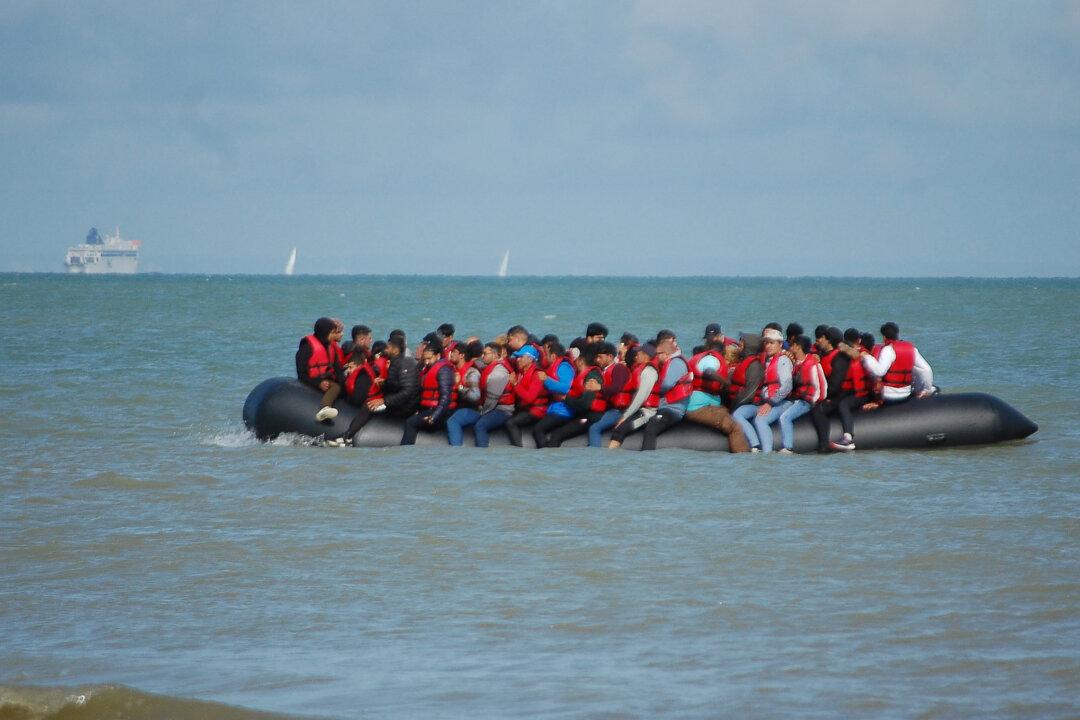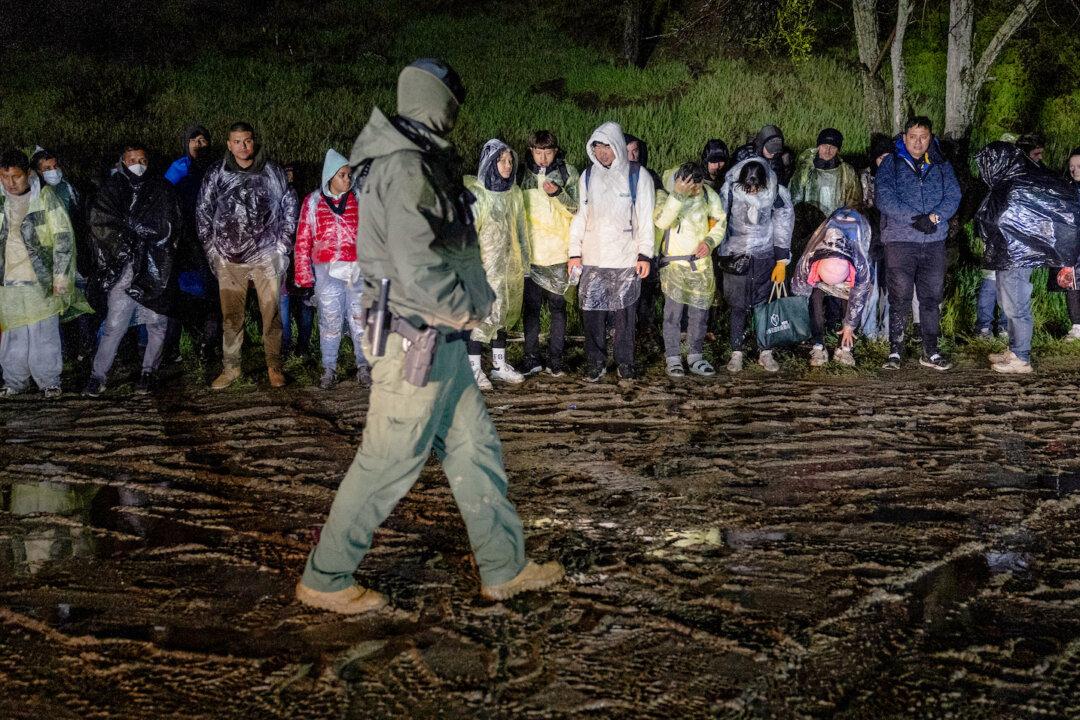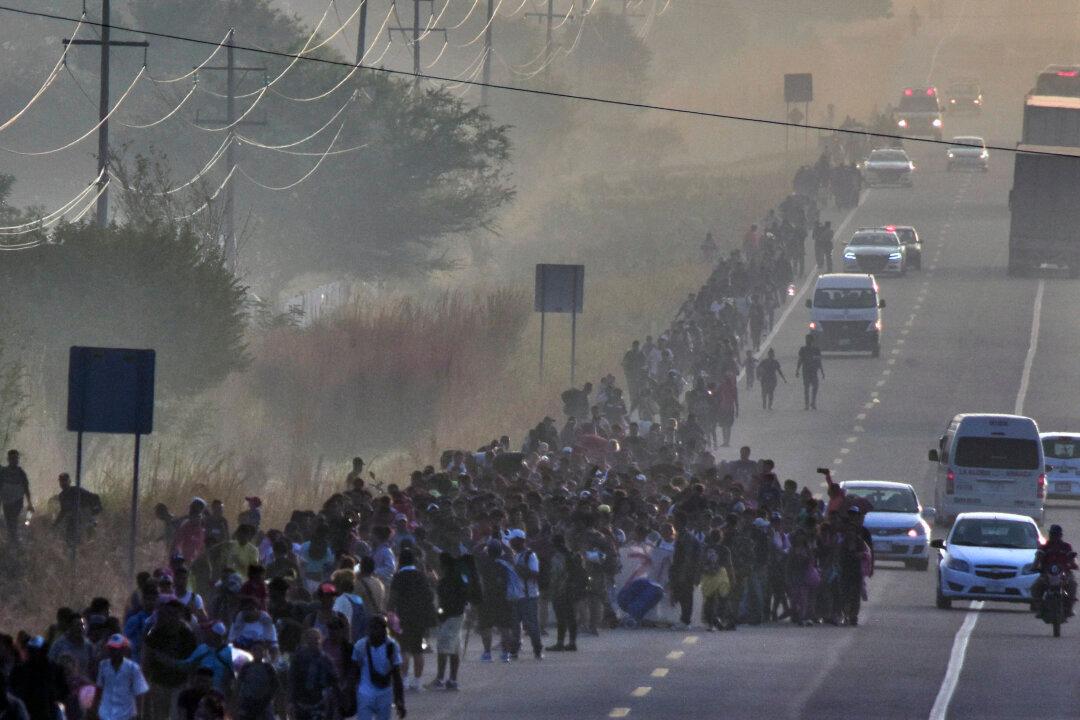Commentary
After nearly two years of legal and political challenges, the UK Parliament has finally passed a law confirming that Rwanda is a safe place to send people who arrive in the UK illegally by sea. This is a major policy win for the Conservative government of British Prime Minister Rishi Sunak and a victory for common sense. The UK, like the United States and Europe, is experiencing mass illegal immigration in the guise of asylum claims. The British devised the Rwanda plan in response, but the United States already has successful equivalents that can be resurrected when there is a will to once again control America’s borders.





